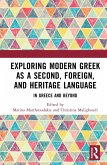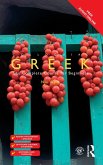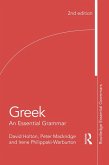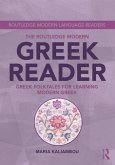This study-referred to as a "preface" is given this designation because its aim is not to offer an up-to-date overall assessment Dryden's translation of Virgil's Æneid, but rather to provide a valid basis for such an assessment. In this it seeks to provide a comprehensive analysis of relevant areas (i.e. the "conditions of expression") forming the very basis of the genesis of Dryden's translation, and thus a valid understanding of the poetry (cf. R.A.Brower, Alexander Pope: The Poetry of Allusion [London, 1968], p.98). Part One provides a firsthand picture of the background out of which Dryden's translation came into being-the tradition of Æneid translation. The evolution of Dryden's theory of translation and his use of textual sources are discussed through a systematic presentation of the various conditions of expression involved as Dryden took upon himself to render Virgil's Æneid into English poetry. Part Two presents the relevant aspects of Dryden's conception of Virgil and essential features of the Virgilian epic with reference to the assessments of modern classical scholars and Dryden's own conceptions in these matters. Various analogies-historical, political and literary-are drawn between the respective periods in which Virgil and Dryden lived to reflect the basic similarity in conditions of expression out of which Virgil's Æneid and Dryden's translation came into being.
Bitte wählen Sie Ihr Anliegen aus.
Rechnungen
Retourenschein anfordern
Bestellstatus
Storno









